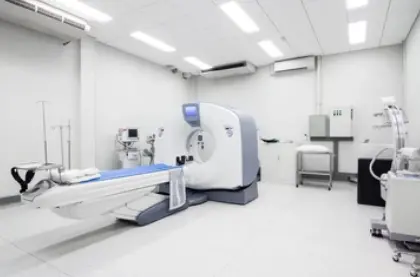 Welcome
Welcome
“May all be happy, may all be healed, may all be at peace and may no one ever suffer."
Cardiac stress test - Generics
A cardiac stress test, also known as an exercise stress test or treadmill test, is a medical test that measures how well the heart functions during physical activity. The test is typically used to diagnose coronary artery disease, assess the severity of heart disease, and evaluate the effectiveness of treatments.
During a cardiac stress test, the patient is hooked up to an electrocardiogram (ECG) machine that monitors the heart's electrical activity. The patient then walks on a treadmill or rides a stationary bike while the intensity of the exercise is gradually increased. The test typically lasts about 10 to 15 minutes and is designed to raise the heart rate to a level that mimics the effects of physical activity.
During the test, the doctor monitors the patient's heart rate, blood pressure, and ECG readings to assess how well the heart is functioning. If abnormalities are detected, further testing or treatment may be recommended.
In some cases, a cardiac stress test may be performed with a radioactive tracer that is injected into the bloodstream. This allows doctors to create images of the heart using a special camera, a process known as nuclear imaging. The images can provide more detailed information about blood flow to the heart and help diagnose certain types of heart disease.
Cardiac stress tests are generally safe and well-tolerated, although there is a small risk of complications such as chest pain, irregular heartbeat, or heart attack in some cases. The test is typically performed under the supervision of a doctor or other trained medical professional.

Allergic and inflammatory...

X-ray imaging

Irritability in autism

Dry skin

Acute graft rejection in...

Skincare

Drug overdose

Benzodiazepine overdose
Cardiac stress test, কার্ডিয়াক স্ট্রেস টেস্ট
To be happy, beautiful, healthy, wealthy, hale and long-lived stay with DM3S.